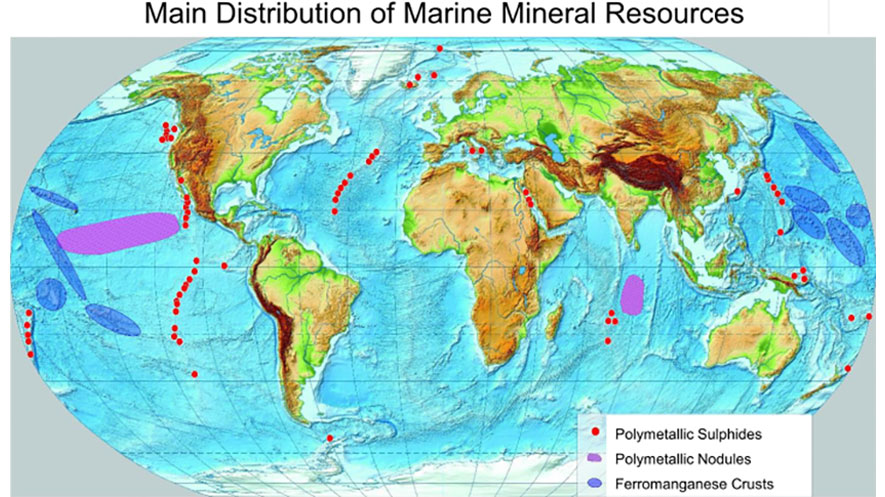On 26 February 2018, the Secretary-General of the International Seabed Authority (ISA) presented its Draft Strategic Plan for the period 2019-2023. In particular, the plan details how ISA’s plans fit into the United Nations new sustainable development agenda and goals. Of most relevance to the ISA is sustainable development goal fourteen (SDG14) – Conserve and sustainably use the oceans, seas and marine resources for sustainable development.
Under its charter, the ISA is given a mandate for the adoption of rules, regulations and procedures incorporating applicable standards designed to prevent, reduce and control pollution and other hazards to the marine environment having the potential to interfere with the ecological balance of the marine environment. The Authority is also required to protect and conserve the natural resources of the Area, preventing damage to the flora and fauna of the marine environment.
When it comes to developing the sea bed, the challenge for the ISA is to adopt an adaptive, practical, technical and commercially viable framework for environmental management, under circumstances of considerable scientific, technical and commercial uncertainty. The regulatory and policy framework must satisfy the extensive marine environmental protection requirements of the Convention, as well as taking into account relevant aspects of the SDGs and other international environmental targets.
The Draft Strategic Plan states that a process for developing the framework and its implementation must be transparent and allow for stakeholder input. The development of regional environmental management plans in particular demands a collaborative and transparent approach to both the collection and sharing of environmental data. The process must ensure the full participation of developing States, not least in connection with international obligations to build technical capacity.
To accomplish this, the ISA Draft Strategic Plan stresses the importance of marine scientific research, capacity-building and technology transfer in realizing the common heritage for the benefit of mankind as a whole. To find out more about the plan, including what successful implementation of the Plan and its strategic directions will deliver, click here.





